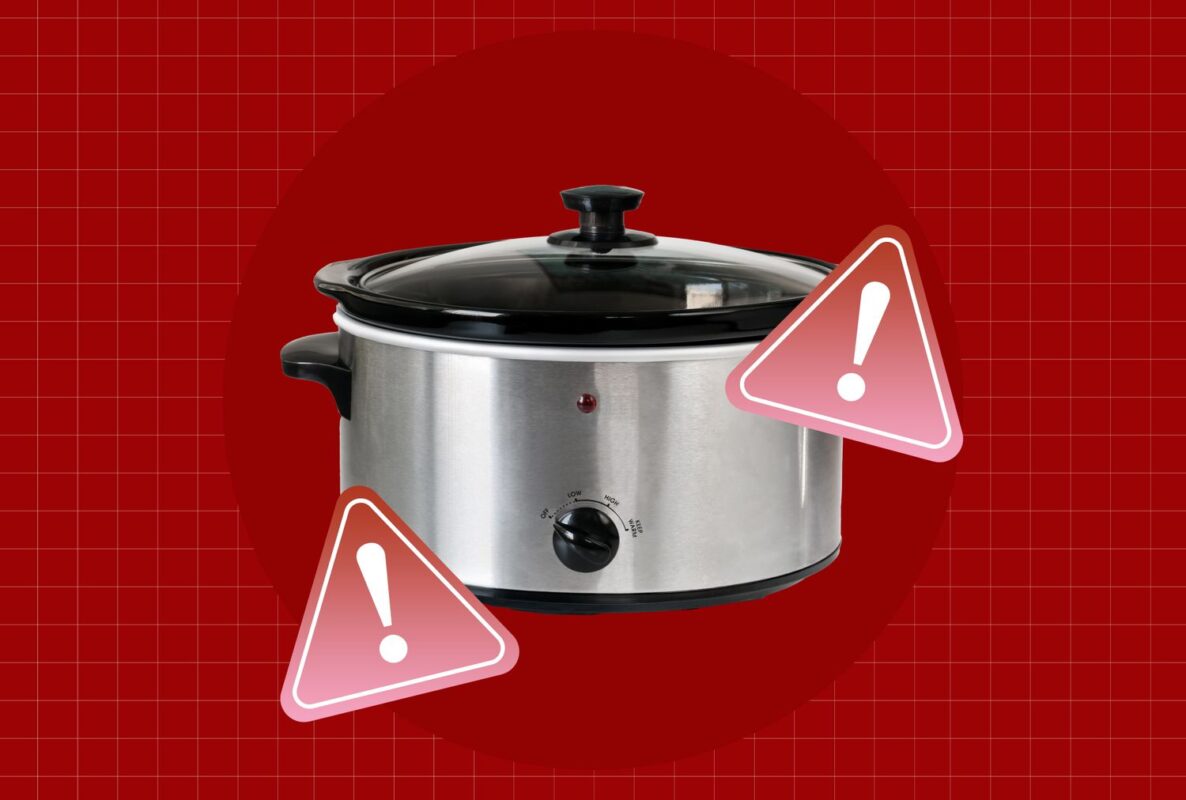Blog
The Dangers of Casting Doubt on Tylenol—the One Painkiller Safe for Use During Pregnancy

A recent large Swedish study was uniquely designed to “cut through that noise” by comparing siblings where one had been exposed to acetaminophen in utero and the other had not, Lucky Sekhon, MD, a double board-certified reproductive endocrinologist and ob-gyn at RMA of New York and author of fertility guide The Lucky Egg, tells SELF. This way, the researchers could control for a bunch of key confounders, like genetics, household environment, socioeconomic status, and maternal health history, all of which tend to be similar between siblings, Dr. Sekhon points out. The result? The “signal faded,” Dr. Alwan says: Exposed siblings were no more likely to have autism than those who weren’t.
Scientists who research autism pin the rise in cases over recent decades largely to improved diagnostic criteria for it—we’re now catching cases that were previously missed, particularly in women—as well as a mix of genetic and environmental factors.
Restricting the one safe painkiller for use during pregnancy risks both unnecessary suffering and fetal damage.
White-knuckling your way through fever or pain during pregnancy isn’t just a terrible way to exist (pregnancy is hard enough on the body as is); it can be actively dangerous. For instance, leaving a fever raging, especially during early pregnancy, “increases the risk of fetal malformation and pregnancy loss,” Veronica Gillispie-Bell, MD, MAS, a Louisiana-based board-certified ob-gyn and the vice chair of ACOG’s Clinical Practice Guidelines Committee–Obstetrics, tells SELF. A cooling blanket or cold shower won’t knock down your internal temperature or protect a fetus from the heat, Dr. Gillispie-Bell emphasizes.
Untreated pain isn’t innocuous either. Dr. Gillispie-Bell and Dr. Sekhon point to how it can raise your blood pressure and spike stress hormones like cortisol, which can threaten healthy fetal development and may increase your risk of preterm labor. And speaking of blood pressure, one of the key signs of preeclampsia—a sudden rise in blood pressure during or after pregnancy—is “a headache that isn’t relieved by Tylenol,” Dr. Gillispie-Bell notes. So if pregnant women are advised to steer clear of the drug, it raises the risk that doctors miss cases of preeclampsia, which is already underdiagnosed—and can restrict fetal growth, increasing the risk of preterm birth and low birth weight, as well as a host of health conditions for the baby, including neurocognitive ones (like, yes, autism).
Should pregnant people opt for other OTC painkillers or fever reducers—which are not recommended during pregnancy—the outcomes could be just as bad, if not worse, than pushing through without treatment. Each of them has documented adverse effects: Non-steroidal anti-inflammatory drugs, or NSAIDs (like Advil and Aleve) can increase the risk of miscarriage in early pregnancy and later on, interfere with the baby’s developing heart and kidneys, Dr. Sekhon notes. And aspirin, while sometimes used in low doses in the second trimester for those at risk for preeclampsia, can pose a bleeding risk in the first trimester, Dr. Gillispie-Bell notes. (As for prescription options? Opioids, while used in certain situations during pregnancy, come with the risk of dependence as well as withdrawal in newborns and long-term developmental effects, Dr. Gillispie-Bell says, not to mention they don’t work for fevers.)












